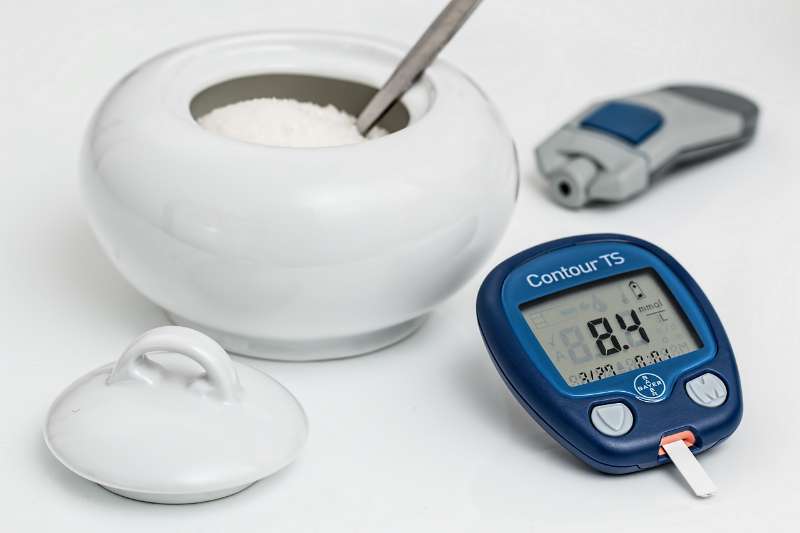High Blood Sugar Myths Debunked: Clarifying Common Misconceptions

High blood sugar, or hyperglycemia, is a condition that affects millions of people worldwide, particularly those with diabetes. Despite its prevalence, many myths and misconceptions persist about what causes high blood sugar and how it should be managed. This article aims to debunk some of the most common myths and provide clear, evidence-based information.

Myth 1: Only People with Diabetes Get High Blood Sugar
Reality:
While high blood sugar is most commonly associated with diabetes, it can occur in individuals without diabetes as well. Factors such as stress, illness, and certain medications can cause temporary spikes in blood sugar levels. It’s crucial for everyone, not just those with diabetes, to be aware of factors that can influence blood sugar levels.

Myth 2: Eating Sugar Causes Diabetes
Reality:
The notion that consuming sugar directly causes diabetes is overly simplistic and misleading. Type 1 diabetes is an autoimmune condition where the body attacks insulin-producing cells, and it has no relation to sugar intake. Type 2 diabetes, while influenced by diet and lifestyle, is more complex and involves genetics, insulin resistance, and other factors. Consistently poor dietary habits, which may include high sugar intake, can contribute to weight gain and insulin resistance, increasing the risk of Type 2 diabetes over time.
Myth 3: You Can’t Eat Any Carbohydrates if You Have High Blood Sugar
Reality:
Carbohydrates are a necessary part of a balanced diet and are the body’s primary source of energy. The key for individuals with high blood sugar or diabetes is to manage carbohydrate intake wisely. Opt for complex carbohydrates, such as whole grains, fruits, and vegetables, which have a lower glycemic index and provide steady energy release compared to simple sugars.

Myth 4: Only Overweight Individuals Develop High Blood Sugar
Reality:
While being overweight is a significant risk factor for developing Type 2 diabetes, people of any weight can experience high blood sugar. Genetics, age, ethnicity, and lifestyle factors all play a role. It’s important for everyone, regardless of weight, to monitor their blood sugar levels and maintain a healthy lifestyle.
Myth 5: High Blood Sugar Isn’t Dangerous Unless It’s Extremely High
Reality:
Even moderately elevated blood sugar levels over time can lead to serious health complications, including cardiovascular disease, nerve damage, kidney failure, and vision problems. It’s crucial to manage blood sugar levels effectively and seek medical advice to prevent these long-term complications.

Myth 6: You Don’t Need to Check Your Blood Sugar if You Feel Fine
Reality:
High blood sugar doesn’t always cause noticeable symptoms, especially in the early stages. Regular monitoring is essential, particularly for individuals with risk factors for diabetes. Consistent blood sugar checks can help catch abnormalities early and allow for timely intervention.
Myth 7: Natural Sweeteners Are Always Better for Blood Sugar Management
Reality:
While natural sweeteners like honey and agave nectar may have some health benefits over refined sugar, they still impact blood sugar levels. It’s essential to consume them in moderation and consider their effect on blood glucose just like any other carbohydrate source.

Myth 8: Insulin Is a Sign of Personal Failure
Reality:
Many people believe that requiring insulin therapy signifies a failure to manage diabetes properly. However, insulin is simply a tool to help control blood sugar levels. For some, it is a necessary and effective part of diabetes management. Starting insulin can be an essential step in maintaining health and preventing complications.
Conclusion
Understanding the truth about high blood sugar and diabetes is crucial for effective management and prevention. By debunking these common myths, we can promote healthier choices and better outcomes for those affected by high blood sugar. Whether you have diabetes or are at risk, staying informed and proactive about your health is essential.